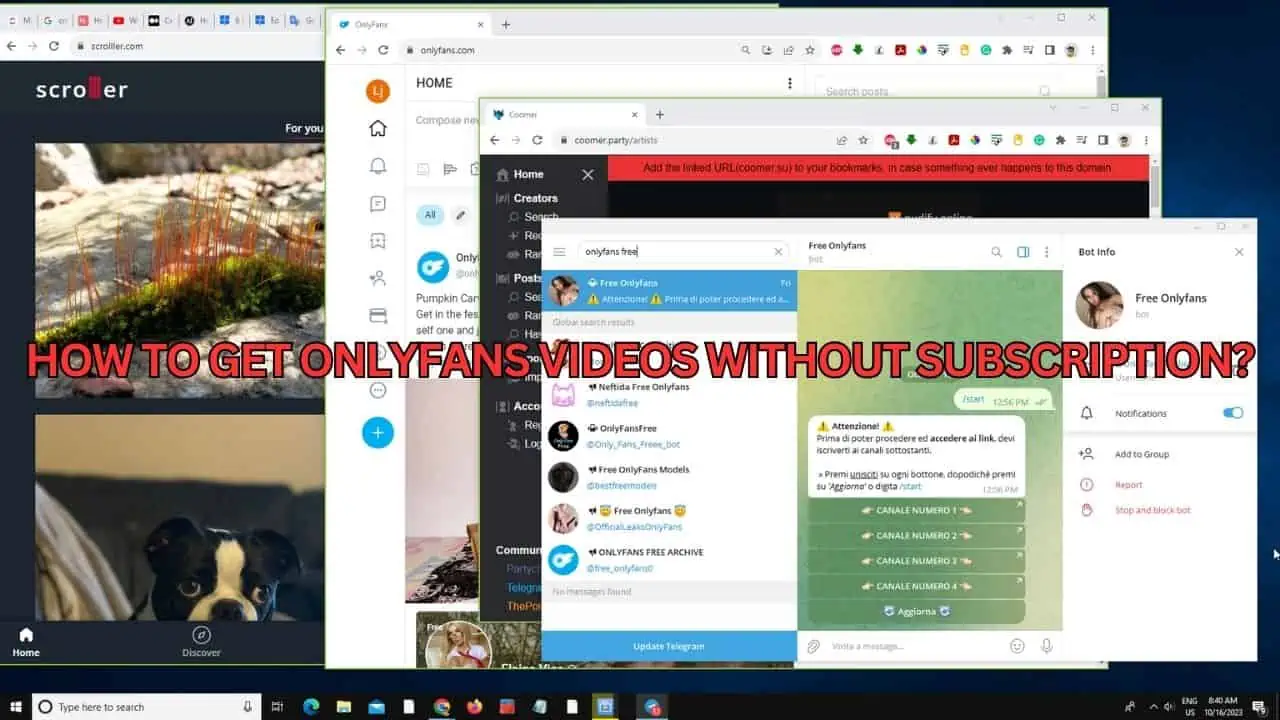Microsoft says they blocked EdgeDeflector so they can provide "end-to-end customer experiences", but this is a poor excuse
2 min. read
Published on
Read our disclosure page to find out how can you help MSPoweruser sustain the editorial team Read more
We recently reported that Microsoft has blocked the functionality of the EdgeDeflector app, which allows users to open links from Cortana, Windows Search, the News and Interest widget and more in their default browser rather than Edge.
The developer wrote:
You can’t change the default protocol association through registry changes, OEM partner customizations, modifications to the Microsoft Edge package, interference with OpenWith.exe, or any other hackish workarounds.
Microsoft doesn’t even bother throwing up the “An app default was reset” error message. It just silently ignores the UserChoice registry keys for the protocol in the registry and opens Microsoft Edge instead. Windows still uses the default protocol associations to detect and present possible Edge beta or preview builds.
Microsoft has now offered a statement to The Verge explaining the reasons for their behaviour, saying:
“Windows openly enables applications and services on its platform, including various web browsers. At the same time, Windows also offers certain end-to-end customer experiences in both Windows 10 and Windows 11, the search experience from the taskbar is one such example of an end-to-end experience that is not designed to be redirected. When we become aware of improper redirection, we issue a fix.”
On the face of it, this makes sense – by only using their own browser Microsoft can guarantee a consistent and predictable user experience for their “end-to-end” Windows features.
There are however a few reasons why this is a bogus excuse.
One is that a standards-compliant solution should work equally well in Chrome as in Edge.
The second is that users may have their own reasons why they prefer the links to open in their own browser, such as having a unified history of their travels around the internet or having their relevant passwords and subscriptions already stored in their main browser.
Lastly, it ignores the performance hit from having two browsers running, both with their own memory-sucking overhead.
In short, any improvements in user experience gained from having a consistent experience is negated by numerous disadvantages.
In fact, users may end up avoiding features such as Windows Search, Cortana and News and Interest, meaning Microsoft has once again let the Edge tail wag the Windows dog.
Given that Microsoft is only testing their “fix” with insiders at present, the company will hopefully have an opportunity to rethink their solution and instead put user wishes first.









User forum
0 messages